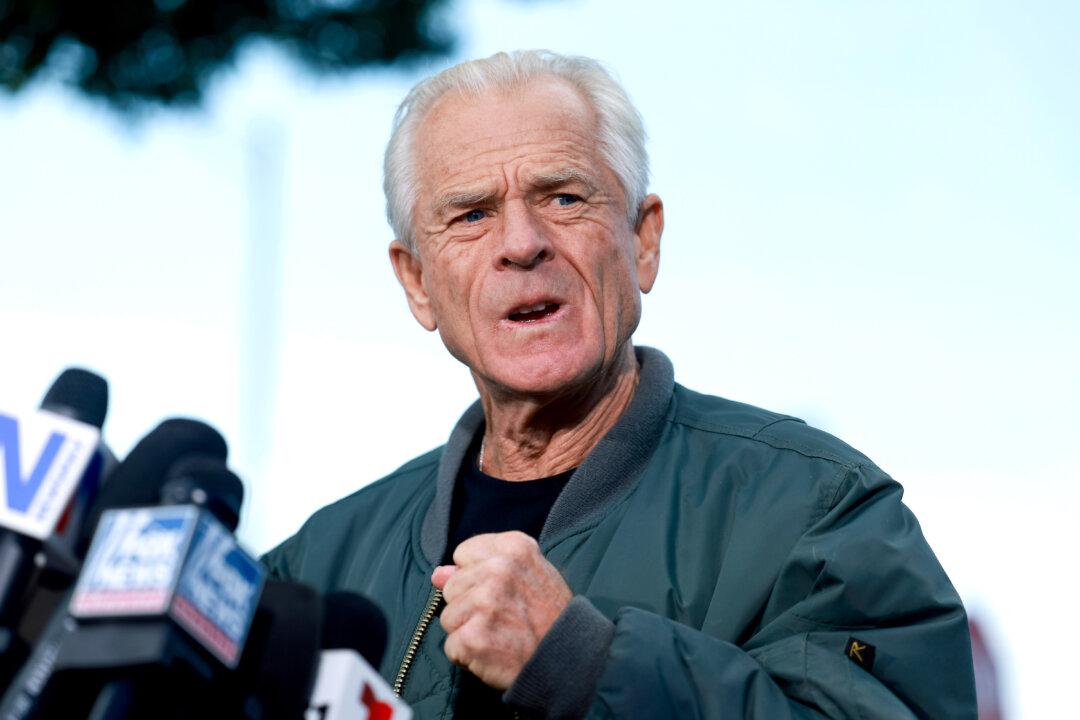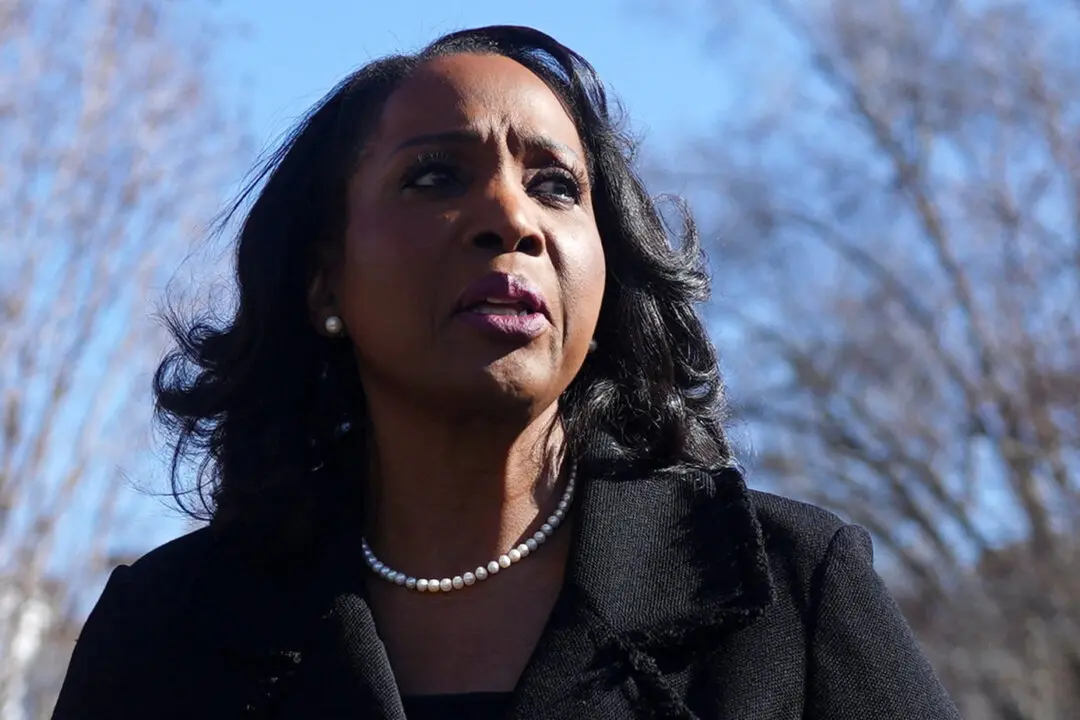The Supreme Court issued an order on April 29 denying former White House adviser Peter Navarro’s request to be released from prison while his appeal makes its way through the U.S. Court of Appeals for the District of Columbia Circuit.
“The application for release pending appeal addressed to Justice [Neil] Gorsuch and referred to the Court is denied,” an order from the court reads.





